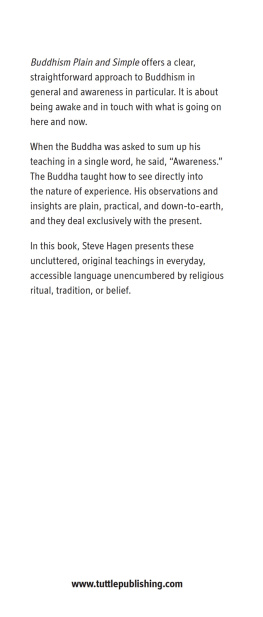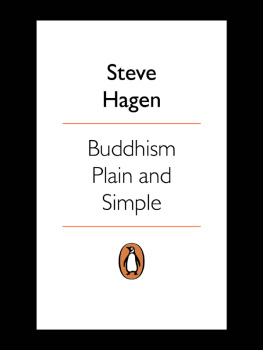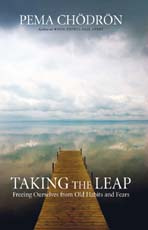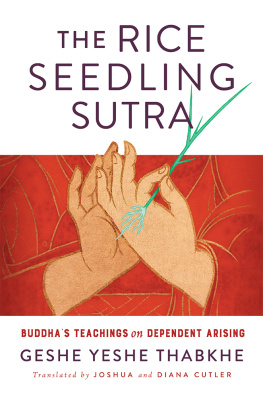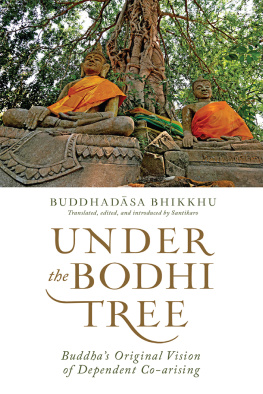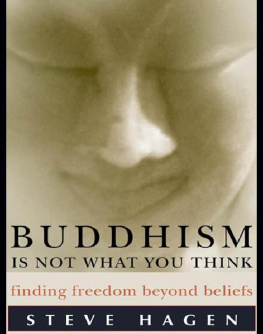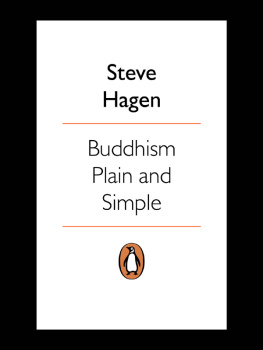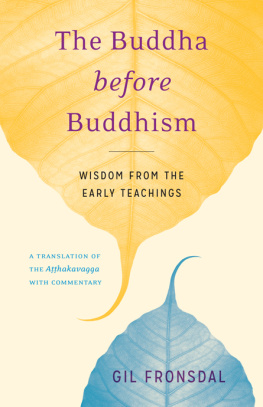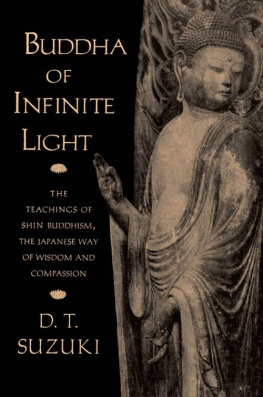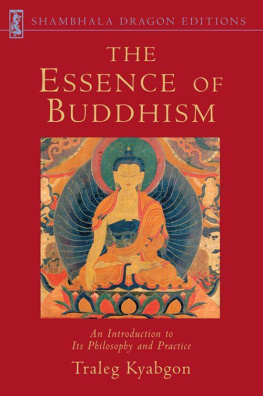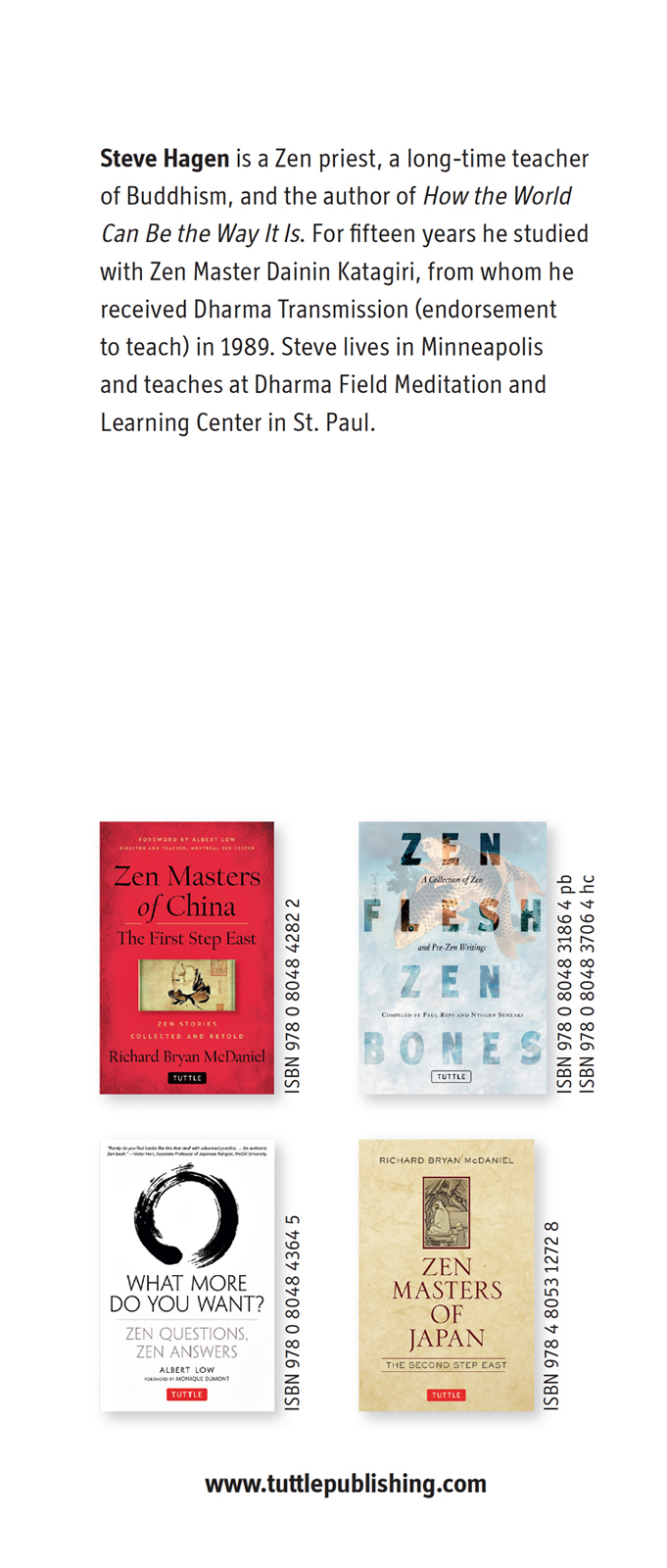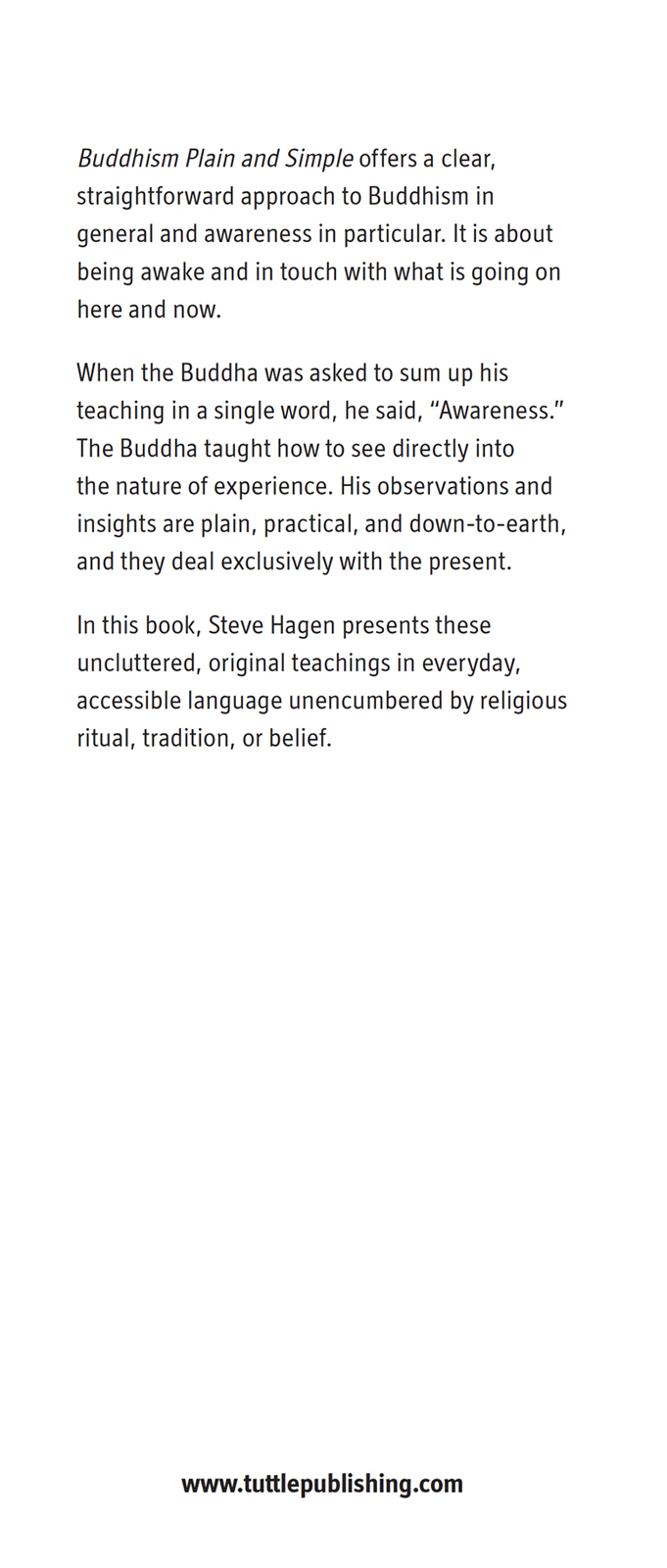You may write to Steve Hagen at
c/o Dharma Field
3118 West 49th Street
Minneapolis, MN 55410
About the Author
Steve Hagen is a Zen priest, a long - time teacher of Buddhism, and the author of How the World Can Be the Way It Is: An Inquiry for the New Millennium into Science, Philosophy, and Perception.
Hagen began studying Buddhism in 1967, and in 1975 became a student of Zen master Dainin Katagiri, author of Returning to Silence: Zen Practice in Daily Life. He was ordained a Zen priest in 1979. Hagen later studied with a number of other teachers in Asia and Europe. In 1989 he received Dharma Transmission (endorsement to teach) from Katagiri Roshi.
Hagen lives in Minneapolis, where he lectures, teaches meditation,and leads retreats at Dharma Field Meditation and LearningCenter. He is currently working on several books, and hasedited a collection of Dharma talks by Katagiri Roshi.
Acknowledgements
Thanks to all my teachers.
This book resulted from classes
I taught over the past few years.
My thanks to all my students. Without them
this book would not have come to be.
And a special thanks to Scott Edelstein, my
longtime friend and literary advisor, who helped
me put this book together.
Appendix
Dependent Arising
The Buddhas teaching on how ignorance and intention arelinked to duhkha via a twelve-link chain is called DependentArising (pratityasamutpada). He said,
Dependent upon ignorance arise dispositions; dependent upon dispositions arises consciousness; dependent upon consciousness arise mind and body; dependent upon mind and body arise the six senses; dependent upon the six senses arises contact; dependent upon contact arises feeling; dependent upon feeling arises craving; dependent upon craving arises grasping; dependent upon grasping arises being; dependent upon being arises birth; dependent upon birth arise old age and death, grief, lamentation, suffering, dejection, and despair. Thus arises the entire mass of suffering.
However, from the utter fading away and ceasing of ignorance,there is ceasing of dispositions; from the ceasing of dispositions,there is ceasing of consciousness; from the ceasing of consciousness,there is ceasing of mind and body; from the ceasing of mindand body, there is ceasing of the six senses; from the ceasing ofthe six senses, there is ceasing of contact; from the ceasing of contact,there is ceasing of feeling; from the ceasing of feeling, thereis ceasing of craving; from the ceasing of craving, there is ceasingof grasping; from the ceasing of grasping, there is ceasing of being;from the ceasing of being, there is ceasing of birth; from the ceasingof birth, there is ceasing of old age and death, grief, lamentation,suffering, dejection, and despair. And thus there is theceasing of this entire mass of suffering.
The Buddha described this chain in terms of bondage and liberation. Bondage is the taking hold of any link of this chain (and thus the entire chain); liberation is the letting go of the chain. This letting go comes through seeing.
In this teaching, the Buddha points out what our actual experience isthat all things arise together, or dependently. Nothing appears by itself; everything we experience appears in a context and against a backdrop of other things that are dependent on and conditioned by each other.
A literal translation of the Buddhas words would be, When this arises, that becomes. In other words, the Buddha never spoke of things as they are, since this is the very delusion we suffer from in the first place. He spoke of things as they have come to be in this moment, dependent on other things. When the sun rises, we have daylight. The Buddha would further remind us that these two things are always found together. Sunrise and daylight are not exactly two, but inextricably linked together.
In everyday life, however, the idea that all things come intimately joined is not at all obvious to us. This ignorance is what keeps us in bondage.
The twelve-link chain the Buddha spoke of is not a progression through time or space, as if link one leads to link two, and so on. Rather, if you pick up any one of these links, you have the whole chainnot in a temporal sequence, but all at once.
In the chart on page 175 the chain is presented as a straightline going from link one to link twelve. Ive presented it this wayfor the sake of easy reading and comprehension. But a truly accuratepicture would array the twelve links in a circle, like the numberson the face of a clock.
Lets look at this chain in detail. Well start with ignorance, which is considered the first link. Ignorance is like a black hole that sucks everything into it, even illumination. Thus we cant see it, at least not directly.
One of the characteristics of ignorance, then, is that were ignorant of our ignorance. This puts a pernicious spin on our predicament.
There are two kinds of ignorance: blindness and self-deception. Blindness is ignorance of the basic realities of existence: impermanence, duhkha, and selflessness. (Buddha called these the three marks of existence.) Self-deception is our belief that we can know intellectually what things are. Oh! Thats water, we say. Hydrogen and oxygen. And then we dismiss the actual experience of this moment. (But if you really want to know what water is, just take a drink, or go for a walk in the rain, or take a swim.)
In short, were simply confused about this moment. As Huang Po said, in our ignorance we reject actual experience in favor of what we think. Thus we posit a self in our thought, and we see permanence where there isnt any.
If instead we would attend to this moment, we would see thatnothing actually arises, persists, or dies as a separate entity. Thisis what we truly can knowbut we ignore it and suffer greatly asa result.
This moment is complete unto itself. Theres nothing lacking in this moment. If we would actually see this moment for what it is, we would see all of space and time as nothing other than here and now.
In ignoring thisour actual experiencethe mind no longerrests quietly in Wholeness, but begins to lean. The Buddha calledthis disposition of mind, or intention. This forms the second linkon the chain. Any actions that come out of such a mind are willed.
We routinely act out of intent, out of a leaning mind. Nature,acting out of the Whole, does not. We commonly see things outthere and go after them. Our mind is thus characterized by divisionand separation.
But the Whole functions differently. Theres nothing out therefor Mind to lean toward or away from. Thus the actions produced by Mindthe Whole, or natureare radically different in essence(though not always in appearance) from acts of human will.
Nature acts out of the Whole, without any effort or intent.Through innumerable transformations, the Whole continues asbeginningless and endless action and reaction. Intention steps intothe natural flow of action and attempts to control it. This is thesource of duhkha.

